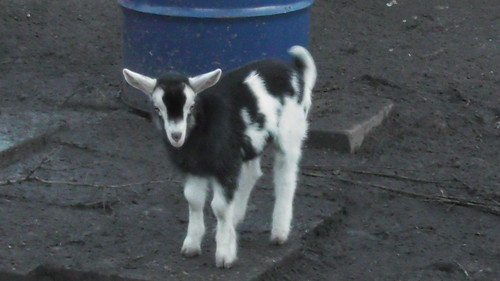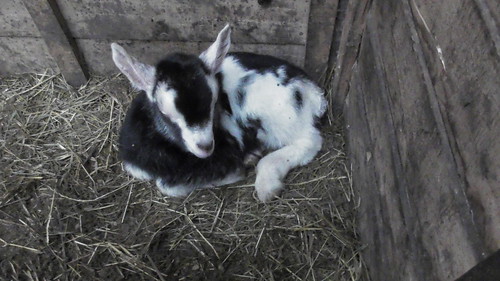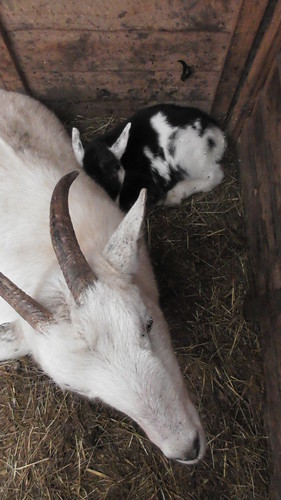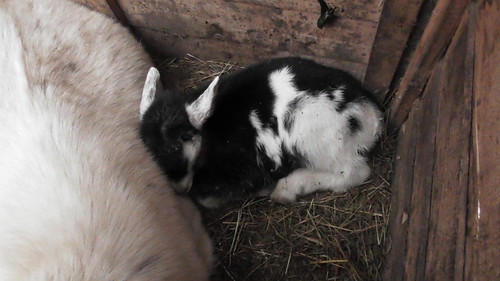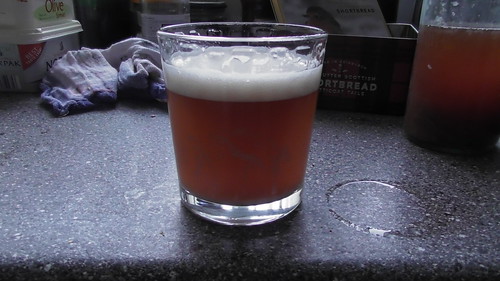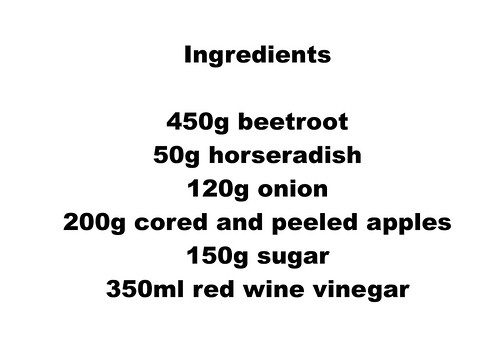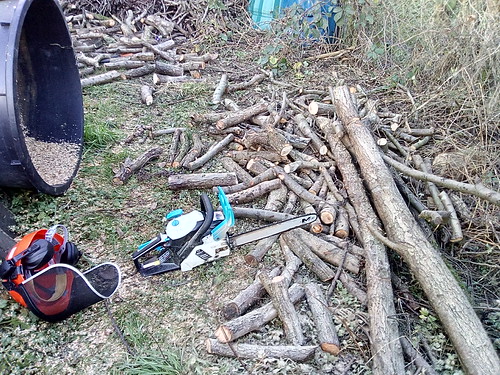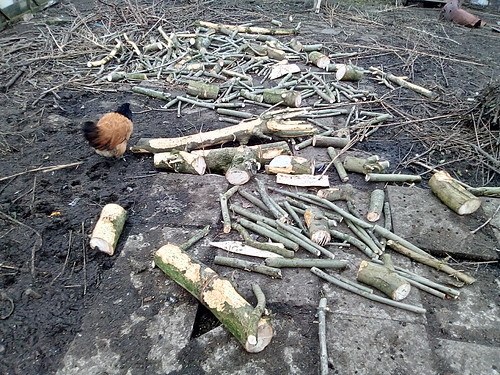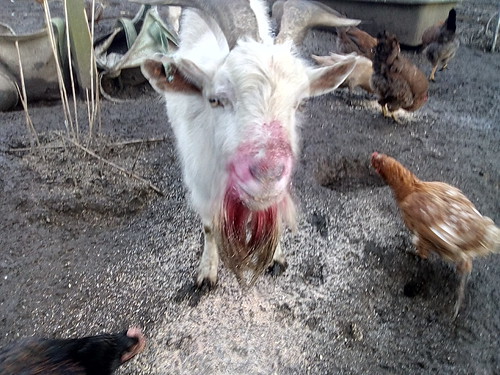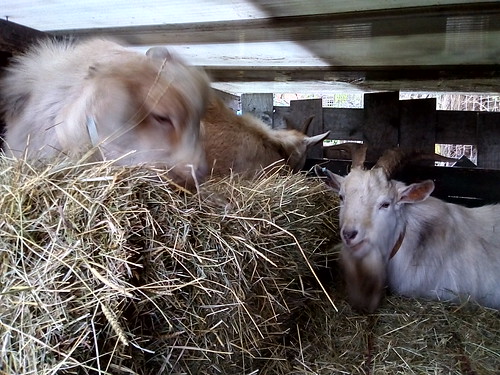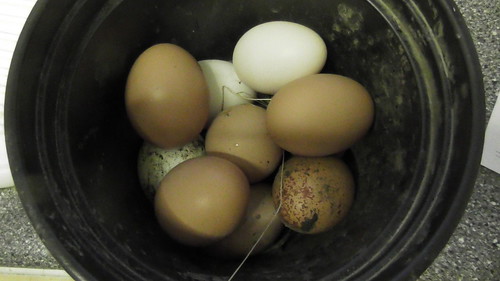
Earlier this month we had a worrying time when 4 of our hens died in the space of two days and three more became ill. All the hens that died had previously been in excellent health and were first class layers. Their loss, from a flock of about 40 birds, many of which are seasonal layers, led to a significant drop in overall egg production.
As the birds had been in fine health previously, and at the point when only two had died, we took the two dead birds and two that were ill to the vet who was unable to identify the cause. The two dead ones were sent off for autopsy which again failed to identify the cause. The report came back showing that the birds' organs had all been in good health. When the next two died, we sent one off to the Animal and Plant Health Agency (APHA) for autopsy. One point we had spotted was that all the affected birds had full crops. And indeed, this turned out to be crucial. APHA explained the cause of death was compacted crops. The birds have access to water but they recommended adding lots of moisture to some of their feed. In a typical afternoon, we give the chickens a mixture of bran and crushed oats. We now feed this to them as a very wet mash.
This has done the trick. No more birds have been lost and the remaining sick birds have fully recovered. And egg production has gone back up again. Today we got 10 eggs, our highest since the autumn.
